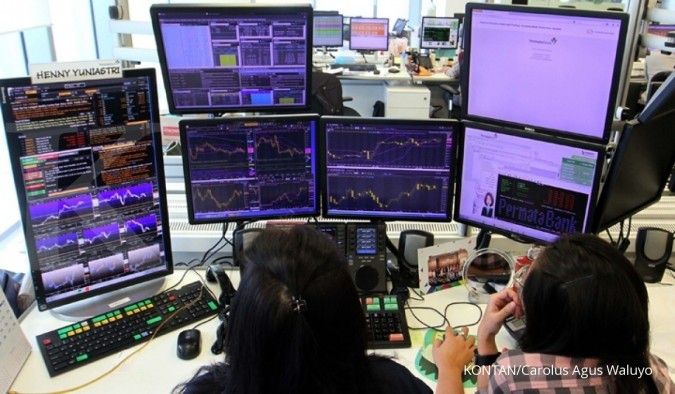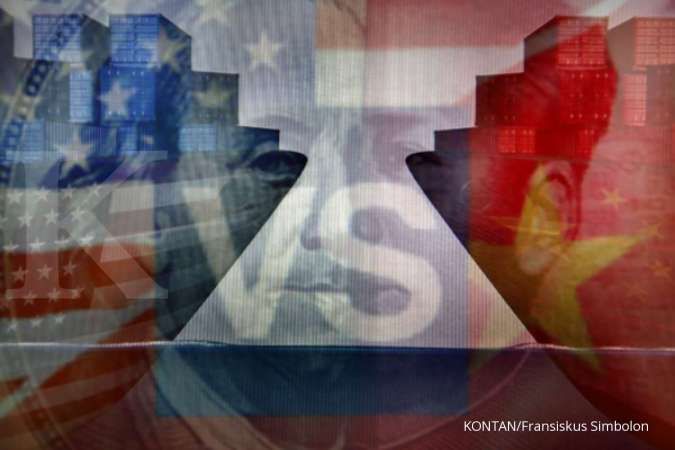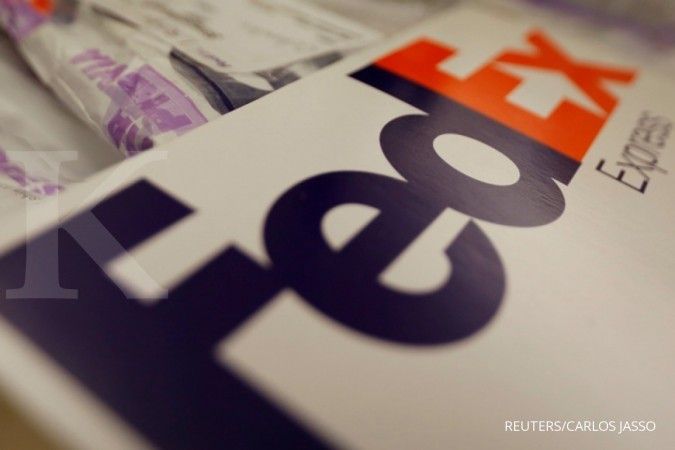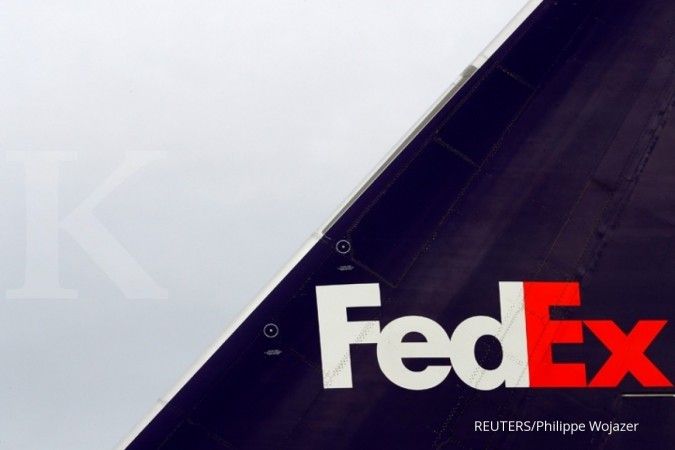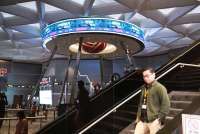TRADE WAR - AOMORI. Bank of Japan Deputy Governor Masazumi Wakatabe on Thursday warned of growing economic risks from the simmering U.S.-China trade war, reinforcing market expectations the central bank's next move could be to ramp up stimulus.
Wakatabe also said unconventional monetary tools used to fight the 2008 global financial crisis, such as quantitative easing and negative interest rates, will remain in the central banks' "arsenal" to combat the next economic downturn.
"We need to pay increased attention to heightening risks to the BOJ's scenario" that Japan's economy will expand moderately as a trend, he told business leaders in Aomori, northern Japan.
"The BOJ will guide policy to ensure Japan never falls into deflation again," said Wakatabe, a former academic known as a vocal advocate of aggressive monetary easing.
The BOJ kept policy steady last week but governor Haruhiko Kuroda signalled readiness to ramp up stimulus as global risks cloud the economic outlook, joining U.S. and European central banks in opening the door to additional easing.
Wakatabe said U.S.-China trade tensions, if prolonged, would hit the global economy not just through higher tariffs, but by discouraging firms from investing and hurting market sentiment.
A prolonged global economic downturn would also weigh on currently robust domestic demand, adding to the pain from a scheduled sales tax hike to 10% from 8% in October, he said.
All of this meant the BOJ will maintain its massive stimulus programme until inflation is sustainably above its 2% inflation target, Wakatabe said, brushing aside calls from some critics to start whittling down its radical monetary programme.
"The ultimate objective of monetary policy is the sound development of the economy. In other words, monetary policy won't be normalised until the economy and prices are in a normal state," he said.
Japan's economy expanded by an annualised 2.1% in the first quarter but many analysts predict growth to slow in coming months as the U.S.-China tariff row hurts trade, business sentiment and corporate profits.
The bickering over trade policy between the world's first and second biggest economies have put major central bankers in a tough spot with depleted resources to battle a downturn that may be coming sooner than expected.
The U.S. Federal Reserve, among the most successful in anchoring inflation around its 2% target, is discussing ways to update its policy framework.
Wakatabe said Japan could learn from various ideas being proposed in the discussions, such as setting a higher inflation target or targeting average inflation over a number of years.
"At present, it's appropriate to maintain the current policy framework, under which the BOJ clearly commits to a 2% inflation target and pursues monetary policy to achieve it," he said.
"That being said, I think it is necessary for the BOJ to study ideas towards enhancing its monetary policy conduct."
/2017/09/04/785929965.jpg)
